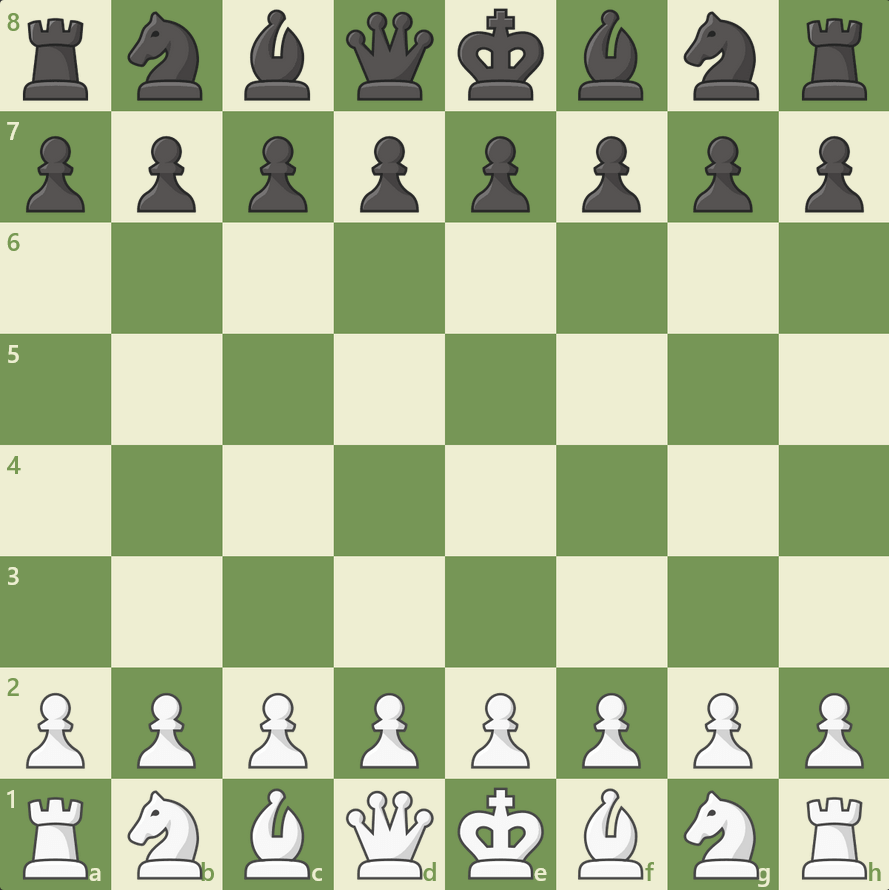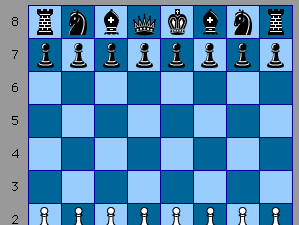West Caldwell
340 Bloomfield Ave
Caldwell, NJ 07006

Introduction:
Chess, often regarded as the "Game of Kings," is a strategic board game that has stood the test of time. With origins dating back over a thousand years, chess has captivated minds across cultures and continents. In this blog, we delve into the fascinating world of chess, exploring its history, gameplay, benefits, and why it remains an enduring symbol of intellect and strategy.
A Historical Journey: Chess is believed to have originated in ancient India during the Gupta Empire around the 6th century. Initially known as "Chaturanga," the game spread across Persia, Arabia, and eventually Europe, where it evolved into the chess we recognize today. Through centuries of refinement and adaptation, the game has retained its core principles of outsmarting opponents through skillful moves.

The Chessboard and Pieces: The chessboard consists of 64 squares arranged in an 8x8 grid. Each player starts with 16 pieces: one king, one queen, two rooks, two knights, two bishops, and eight pawns. The objective is to checkmate the opponent's king, a situation where the king is in a position to be captured (in check), and there is no legal move to escape capture (mate).
Gameplay and Strategy: Chess is a battle of minds, where players must think several moves ahead, anticipating their opponent's responses. Each piece moves in specific patterns, offering unique strategic advantages. The game's depth lies in the countless possibilities, making it both challenging and exciting. Through tactics like forks, pins, skewers, and sacrifices, players aim to gain positional advantage or deliver a decisive blow.
Cognitive Benefits: Chess is not just a game; it's a cognitive workout! Numerous studies have highlighted the positive effects of chess on mental acuity. Playing chess enhances critical thinking, problem-solving, spatial reasoning, and pattern recognition. It also fosters patience, discipline, and the ability to handle pressure – skills that extend beyond the chessboard to benefit various aspects of life.
Educational Impact: Chess has gained recognition in the educational realm as an effective teaching tool. Many schools incorporate chess into their curriculum to promote academic excellence and character development. The game encourages creativity and teaches children to think outside the box, fostering a growth mindset essential for success in academics and beyond.
The Global Language of Chess: One of the most remarkable aspects of chess is its universality. Regardless of language, culture, or background, chess players can sit across the board and communicate through moves. Chess tournaments and championships draw participants from all corners of the world, fostering international camaraderie and respect.
Conclusion:
Chess is more than just a game; it is a testament to human intelligence and a symbol of strategic brilliance. As the world evolves, chess continues to thrive, captivating minds young and old, instilling valuable life skills, and connecting people across borders. Whether you are a beginner or a seasoned player, chess offers an endless journey of growth and discovery.
So, let the chessboard be your battlefield, and let your mind be your most potent weapon as you embark on this timeless adventure of intellect, strategy, and sheer enjoyment!
